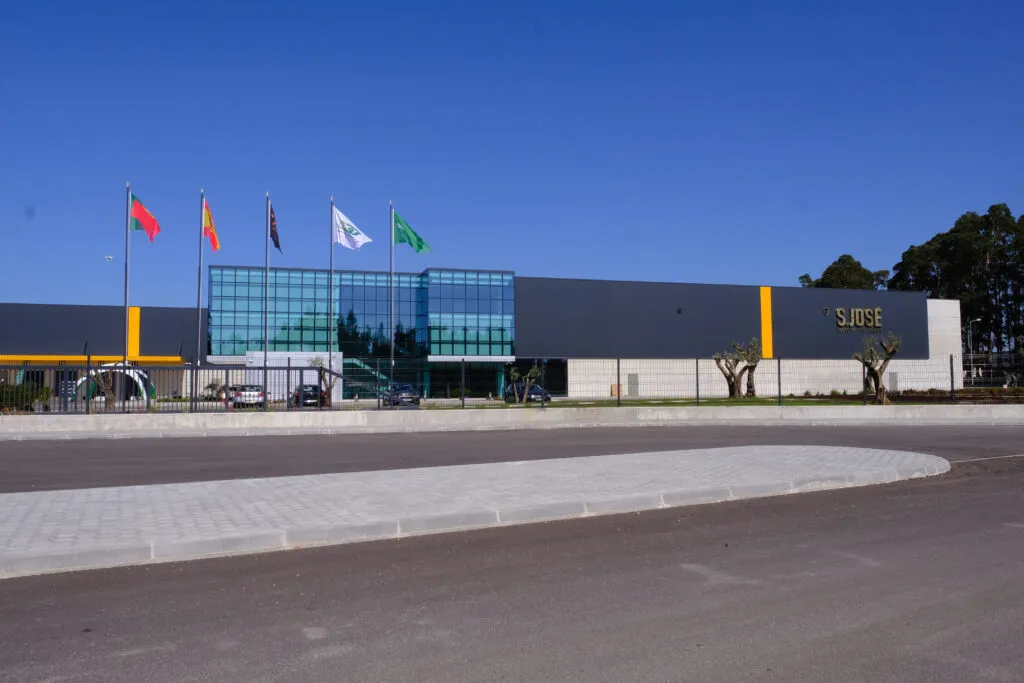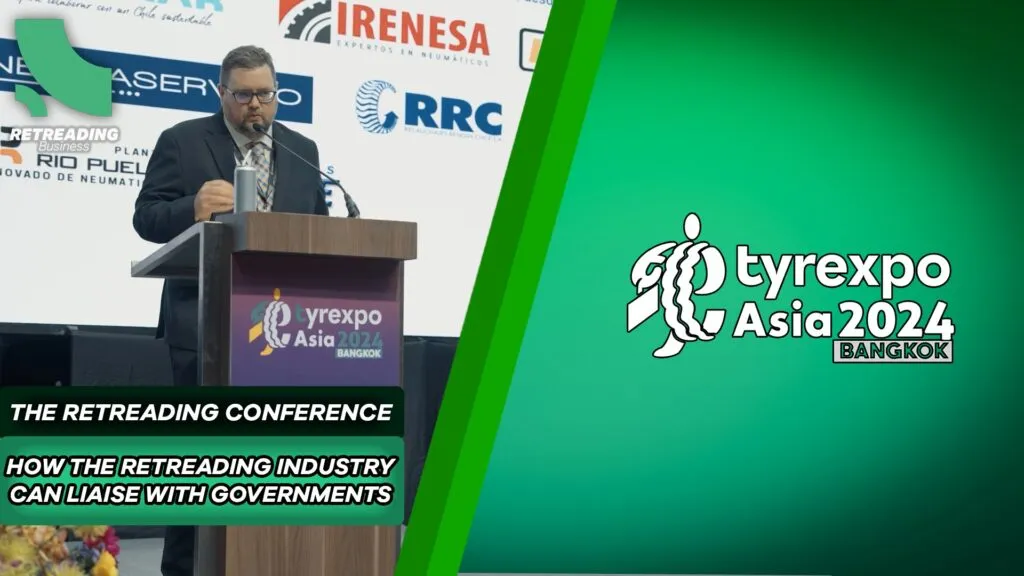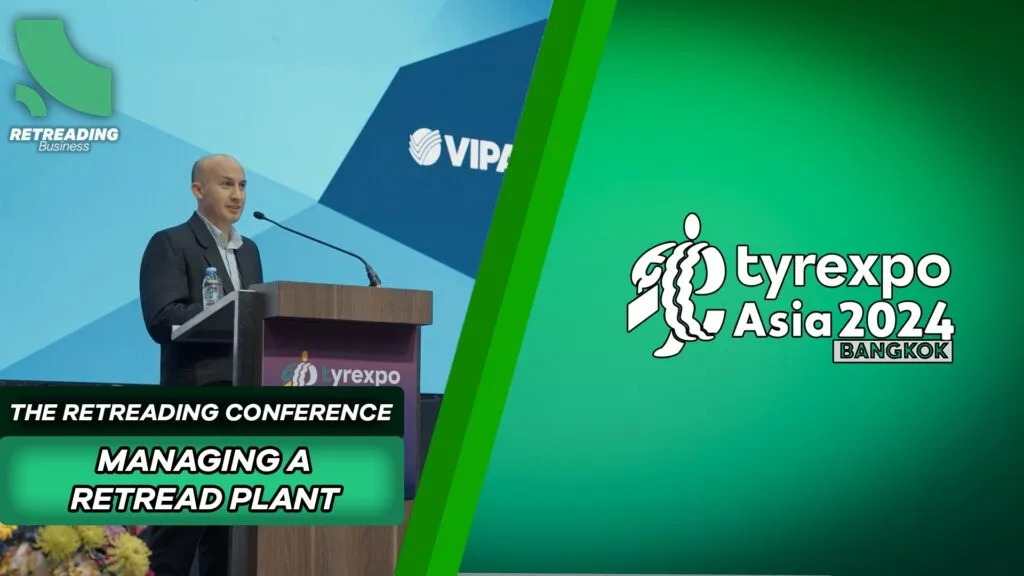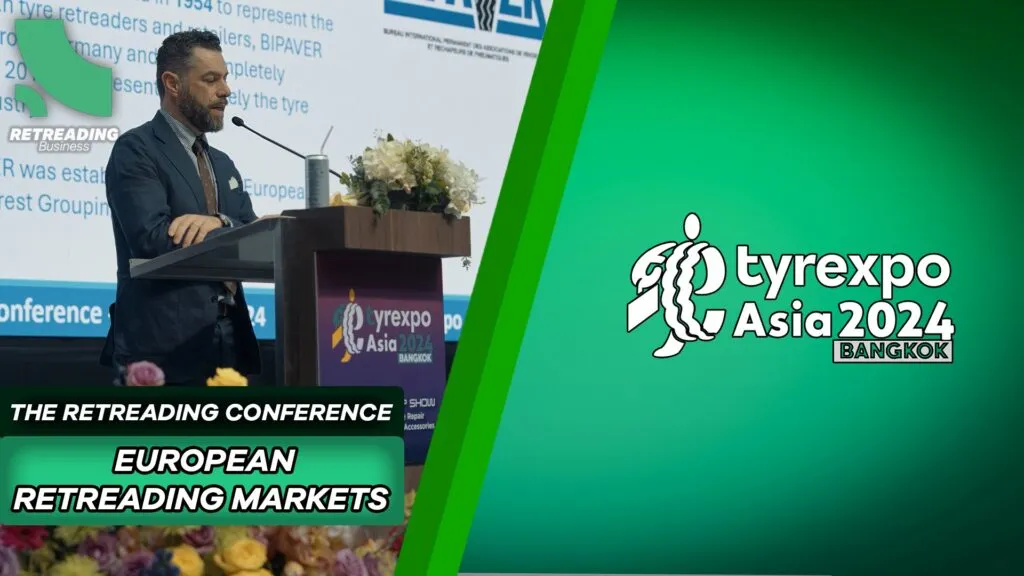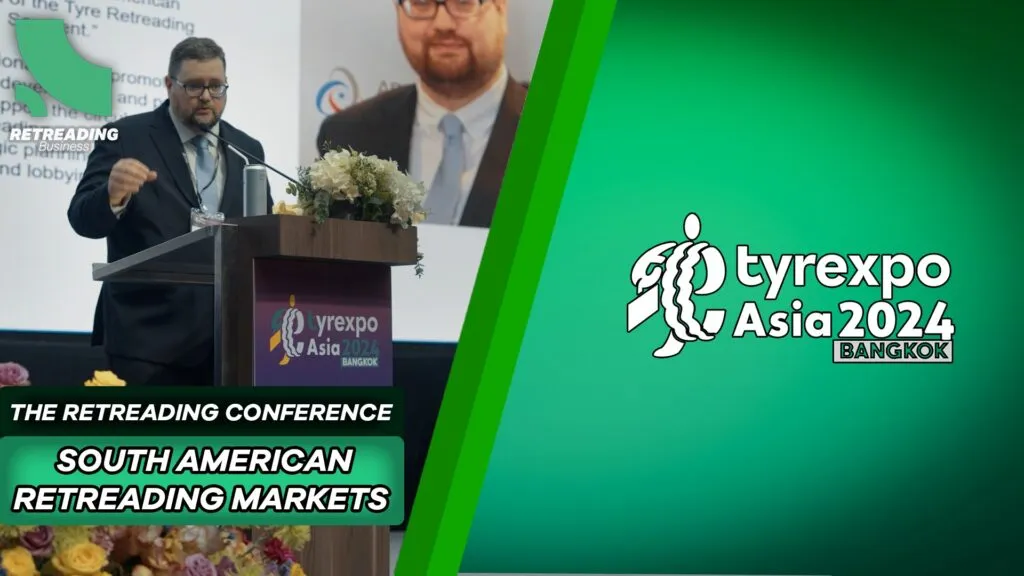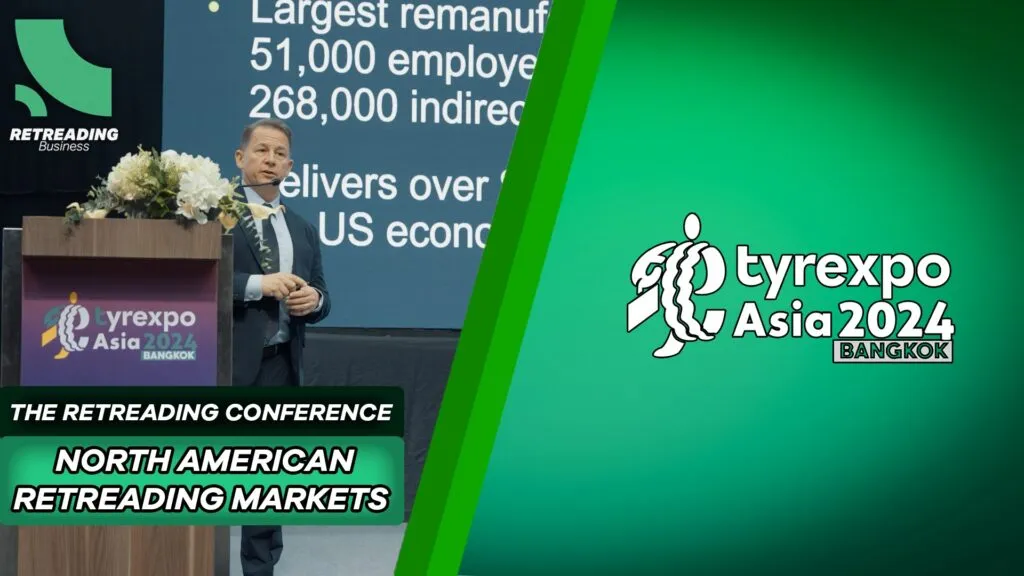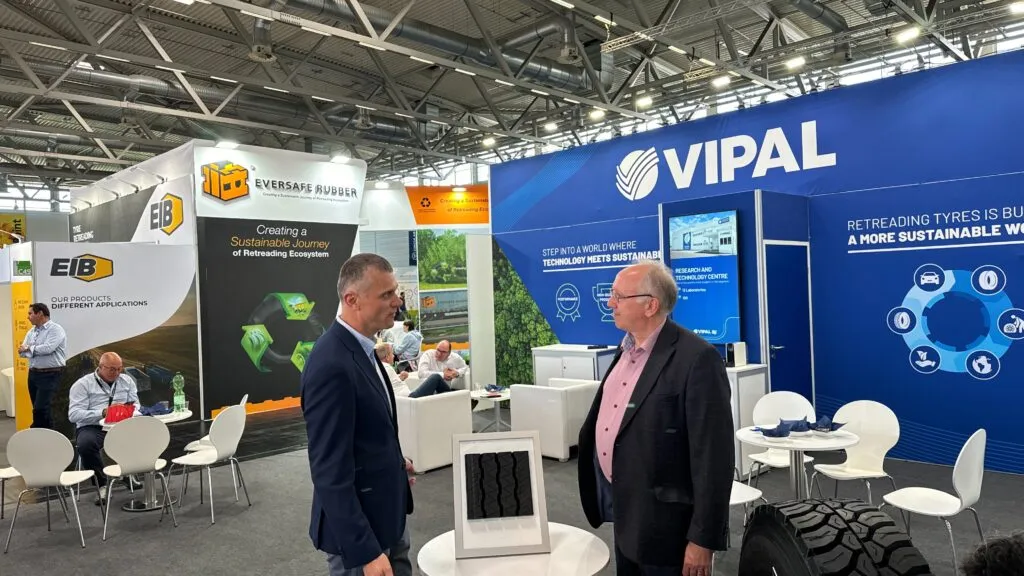Recauchutagem S. José, a Portuguese tyre retreader in the Cantanhede Industrial Zone, near the Atlantic Ocean coast between Lisbon and Porto, has generally been doing well over the last few years.
Investing Against the Tide
While the country’s retreading industry is far from its best, the company invested in modernisation and cost-effectiveness. Recauchutagem S. José has recently consolidated its presence in the Portuguese tyre retreading market, Luis Almeida, CFO of Sao José with Recauchutagem S. José revealed. The foundation of this growth was laid during the COVID-19 pandemic when the company managed to keep its operations running while many other businesses in Europe were at a standstill. Since the quarantine was withdrawn, the company saw its performance consistently growing. This growth can be attributed to the company’s strategic investments in modernisation, such as adopting advanced retreading technologies and cost-effectiveness measures, including efficient resource management and streamlined production processes.
These results are outstanding, given that they were achieved in a shrinking market. Valorpneu, the Portuguese EPR scheme, calculated that 10,164 tons of used tyres ended up at retreading plants in the country in 2023, 6.7% less than the previous year. Almeida admitted that this is not the first year the market has been in a downturn.
A mix of factors is driving the industry’s performance down. As Almeida reported, market fluctuations largely follow the general economic situation.
“When end customers see their purchasing power diminishing, they start increasingly opting for lower-cost tyres, owing to the economic context,” Almeida said. However, the same factors push them to consciously choose retreads, with customers operating fleets of heavy vehicles particularly acknowledging the price competitiveness of good-quality retreaded tyres.
Over the past few years, the cost-of-living crisis has driven up hardship and financial insecurity across the European Union. However, it did not affect all countries or groups similarly. Although inflation has eased its grip on the European economy in 2024, it is still one of the most pressing worries for European customers, as opinion polls showed.
The retreading industry is one of the few economic sectors that are not only bulletproof to the general economic crises but can also reap some benefits from the changes in consumer behaviour it entails, Almeida is confident. “It is always reflected in an increase in demand for more economical products, with retreaded tyres being one of these options,” Almeida added.
Fine-tuning operations
Founded in 1966, Recauchutagem S. José is one of the oldest companies in the business. It started operations with eight hot retreading machines, and a switch towards cold reading technology happened only in 1989.
Almeida said the company runs separate ring tread and flat tread retreading technologies and boasts a capacity of nearly 6,000 tyres per year.
Almeida stressed that this figure has constantly risen during the last several years. The company works with 22’5, 19’5 and 17’5 tyres.
Recauchutagem S. José recently invested in a new vertical spreader for envelopes that guarantees a homogeneous compression process and ensures a longer useful life of envelopes, Almeida said, emphasising that this is one of the most expensive elements of the retreading process.
In addition, the company invested in installing 1,500 photovoltaic panels, which generate over 600 MW of green energy and help the company avoid the emission of 450 tons of CO2. Retreaded tyres are traditionally seen as a green solution, but solar energy made its products even more environmentally friendly.
“We have a well-defined cold retreading production process, with all stages aligned throughout the production cycle to guarantee the quality of the final product,” Almeida said, adding that the company uses shearography to inspect tyres.
“As raw materials, we use cord, binding gum, and a pre-vulcanised band or ring,” Almeida indicated.
“The most important factors in the retreading process are the rubber’s quality, durability, resistance and adhesion. It is essential to use high-quality raw materials to ensure the safety and efficiency of retreaded tyres,” Almeida noted.
Recauchutagem S. José is scrupulous about raw material issues. The company primarily sources from Vipal, who works with Marangoni and EIB.
“We consider it equally important to consider the availability and cost of raw materials, as well as their environmental impact and sustainability. It is essential to strike a balance between quality, performance and cost-effectiveness when selecting raw materials for tyre retreading,” Almeida stated.
Recauchutagem S. José employs ten workers, which is one of the challenging parts of the business.
“Nowadays, the lack of workers in manufacturing areas, particularly in an area as specific as retreading, is a reality,” Almeida admitted.
Bracing for the future
Speaking about what comes next, Almeida emphasised the importance of keeping the anti-dumping duties against the Chinese tyres in place. A few years ago, the decision to subject cheap Chinese tyres to additional duty gave the troubled European retreading industry a second breath. Now, retreaders hope the European Commission, the executive arm of the European Union, would refrain from making a U-turn in their policy and keeping these duties, which protect European retreaders from unfair competition and ensure a level playing field.
“We believe that it is important to maintain anti-dumping on Asian imports. Otherwise, it will be tough to keep business afloat and to compete at prices much lower than now,” Almeida said.
“We believe that European retreaders would be strengthened if this measure is maintained,” Almeida added.
Despite the challenges, Recauchutagem S. José remains optimistic about the future of the retreading industry. The company sees a promising role for retreaded tyres in the European sector, focusing on sustainability, reducing carbon emissions, and innovation.
“The future of tyres will involve retreaded tyres as a sustainable option. The tyre trade in Portugal will involve more innovative mobility solutions, focusing on sustainability, reducing carbon emissions and innovation,” Almeida stated.

